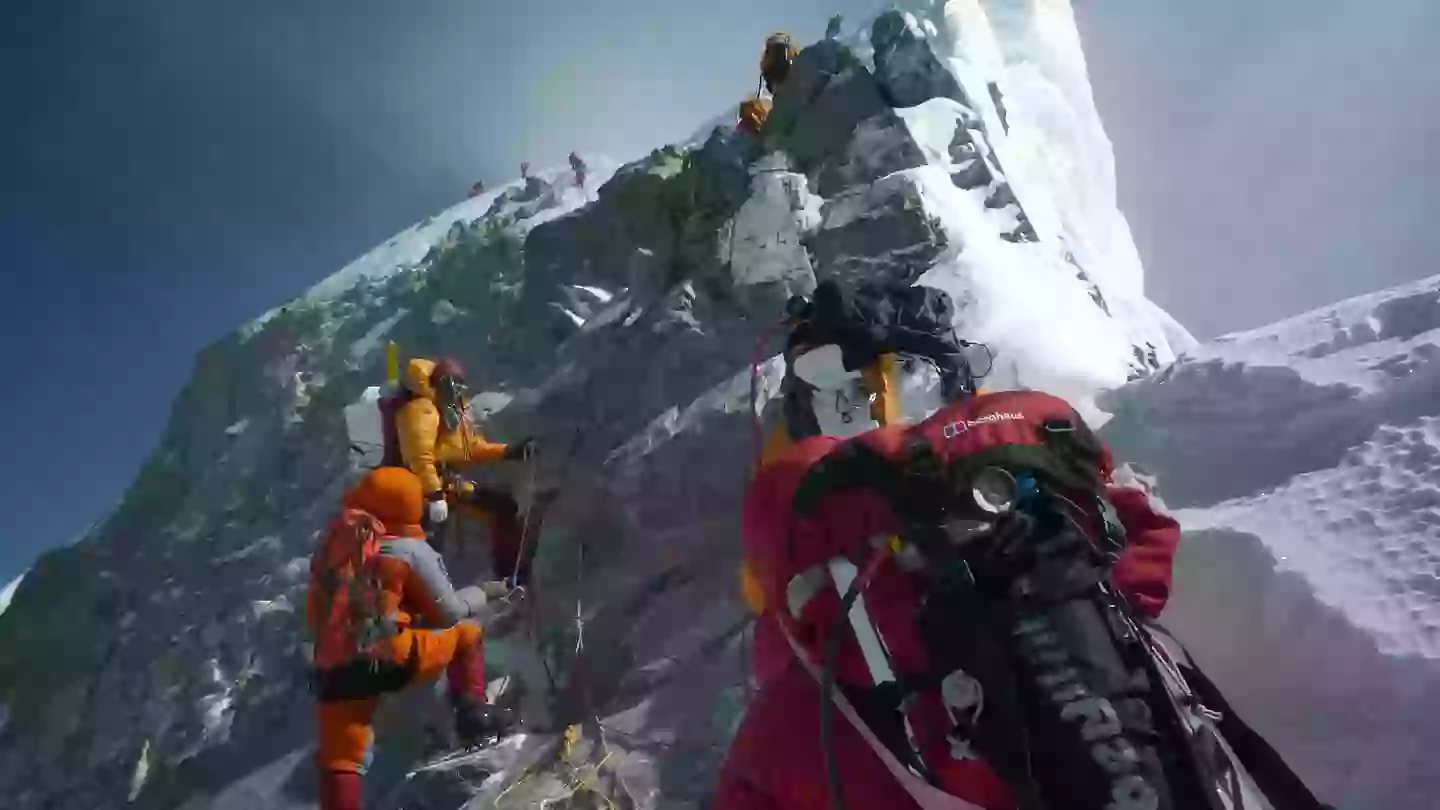Matthew Dieumegard-Thornton, who scaled Mount Everest in May 2012, has shared that reaching the summit was far from the peaceful experience he had imagined.
At just 22 years old, Dieumegard-Thornton became one of the youngest climbers to achieve this incredible feat. Climbing the world’s tallest peak—standing at 8,849 meters—presents challenges that go beyond physical endurance.
While the accomplishment is awe-inspiring, many may not realize that the summit is not just about breathtaking views or a simple sense of triumph.
Dieumegard-Thornton opened up about the harsh realities he encountered on his journey, explaining why the summit did not provide the ‘tranquil end’ he had envisioned and felt more like stepping into a horror movie.
Speaking to RedBull, he explained that the climb usually takes five to six weeks, allowing climbers to ‘help your body acclimatise’.
Despite this preparation, nothing truly equips you for the perilous section known as ‘The Death Zone.’ Here, the oxygen is so scarce and the air so thin that it can induce delirium.
After navigating the treacherous ‘Death Zone,’ crossing crevices on precarious ladders, keeping pace with the seasoned Sherpas, and encountering ‘littered dead bodies,’ one might expect reaching the summit to be a relief.
Unfortunately, this was not the case for Dieumegard-Thornton.
He explained: “I went into the climb imagining dying at the top of Everest would be quite a tranquil end – should the worst happen – because the oxygen is so low that you’d just fade out. But no, the summit is so windy and hostile – it’s simply not a nice place to be. It is extreme.”
Upon reaching the summit, he was starkly reminded of just how isolated he was, realizing that ‘nobody is going to rescue you’ if something were to go wrong.
“The wind adds so much suspense I can only liken it to the sound of a horror movie,” he shared.

By the time he reached the summit, Dieumegard-Thornton was ‘hypoxic,’ meaning he was extremely low on oxygen, to the extent that he ‘completely forgot about taking photos for all [his] sponsors’.
Reflecting on this, he said: “I only cared about myself in that moment as I felt so punch drunk. But when you’re pitting yourself against nature in a very raw way, thinking about yourself is no bad thing.”
For many, this account may serve as a deterrent from adding Everest to their bucket lists, although for some, it might never have been a consideration in the first place.

